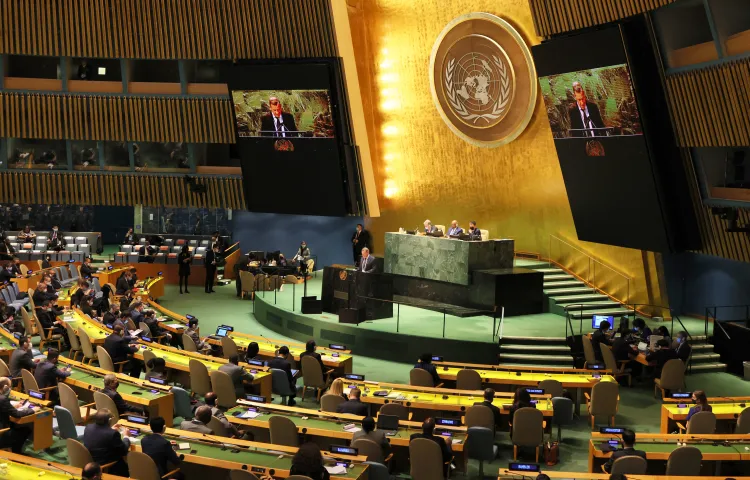
CPJ joins calls to establish independent investigative mechanism for accountability in human rights violations in Belarus
CPJ joined 27 human rights and press freedom organizations in a letter on Monday, February 13, 2023, calling for the U.N. Human Rights Council to establish an independent investigative mechanism in Belarus. The letter, led by the Oslo-based Human Rights House Foundation, asked the council to create such a mechanism at its next session to…
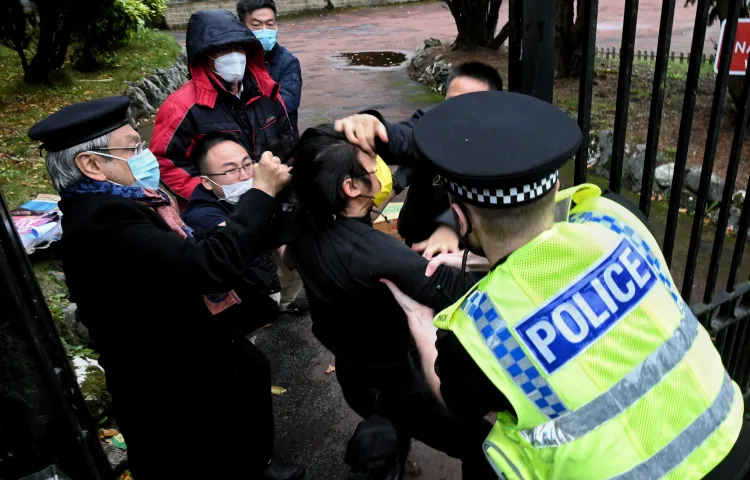
‘Don’t give up’: After fleeing overseas, Hong Kong journalists fight on
When Hong Kong journalist Matthew Leung covered a small protest in the northern English city of Manchester last October, little did he know it would become one of the biggest stories in his career—and unleash a diplomatic storm between China and Britain. His photographs, showing a group of men beating a Hong Kong pro-democracy protester…
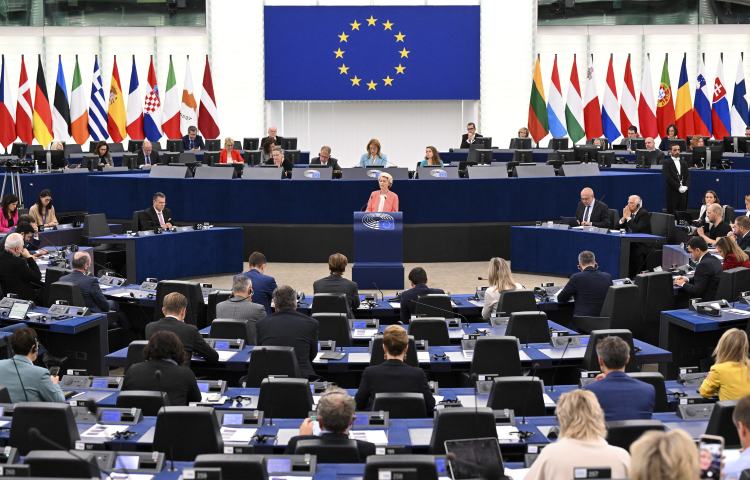
CPJ joins civil society letter calling on the European Parliament to support the European Media Freedom Act
The Committee to Protect Journalists and 43 civil society organizations on Thursday, February 9, wrote to the European Parliament to ask them to ensure that the upcoming European Media Freedom Act is as strong as possible. The draft EU law is seeking to strengthen media freedom and pluralism in EU member states. The text of…
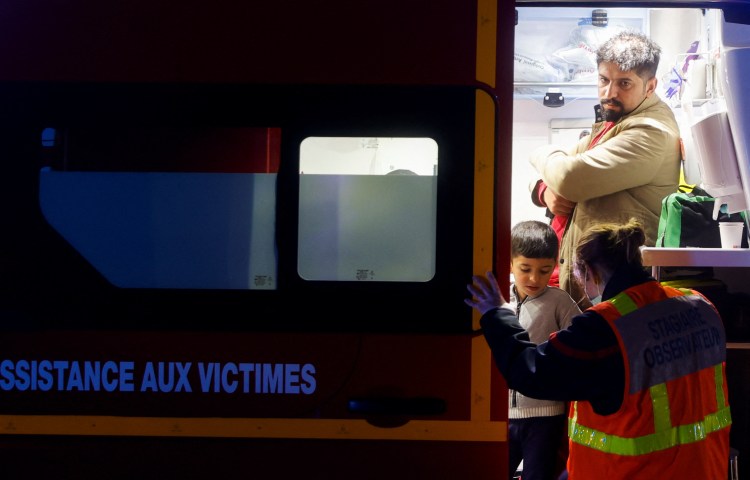
How UK Online Safety Bill threatens encryption, secure communication, and reporting on migration
Does the image above, depicting the rescue of a child who attempted to reach the U.K. by sea, present the act of immigration in “a positive light”? It’s an absurd question, of course. It’s journalism – an effort to convey in visual terms the stark truth that tens of thousands of migrants and asylum-seekers try to get…
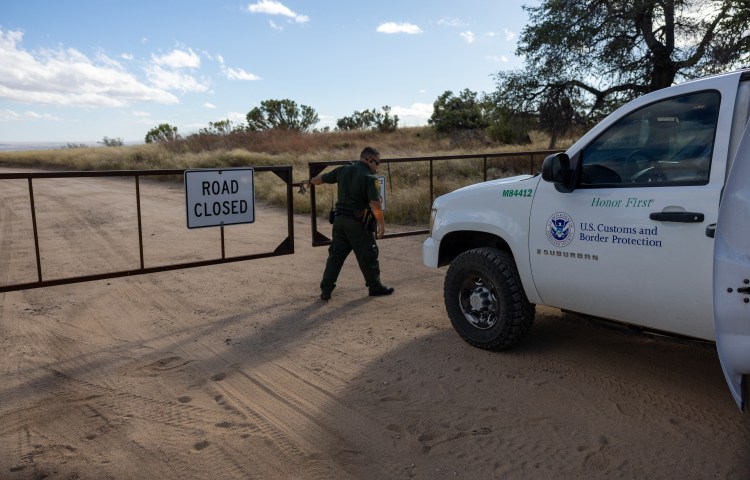
Forensic tools open new front for using phone data to prosecute journalists
On April 13, police in Russia’s Khakassiya republic arrested Mikhail Afanasyev and seized his digital devices. Afanasyev, chief editor of the online magazine Novy Fokus, was detained based on an article about riot police in southern Siberia refusing to serve in Ukraine. He faces a possible 10-year prison sentence for spreading “false” information. It’s not surprising for…
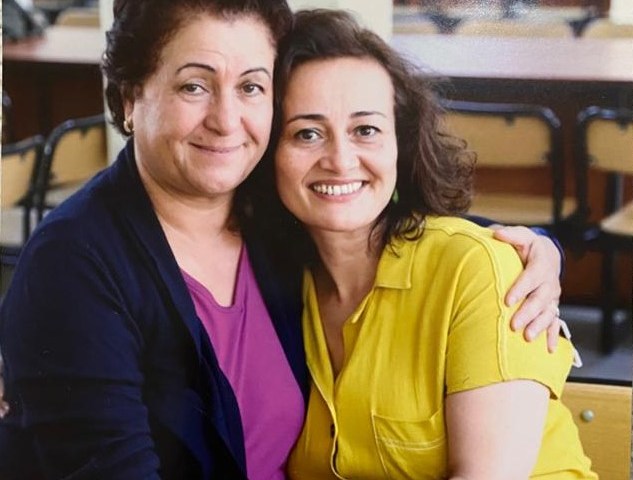
After 20 years in prison, Turkish journalist Hatice Duman says she has no hope of release
Hatice Duman is Turkey’s longest-serving jailed journalist. Now 50, she has been behind bars since April 9, 2003, 20 years into a life sentence on charges including propaganda and being a member of the banned Marxist Leninist Communist Party (MLKP). Duman, a former editor for the socialist Turkish weekly Atılım, has denied the charges and…
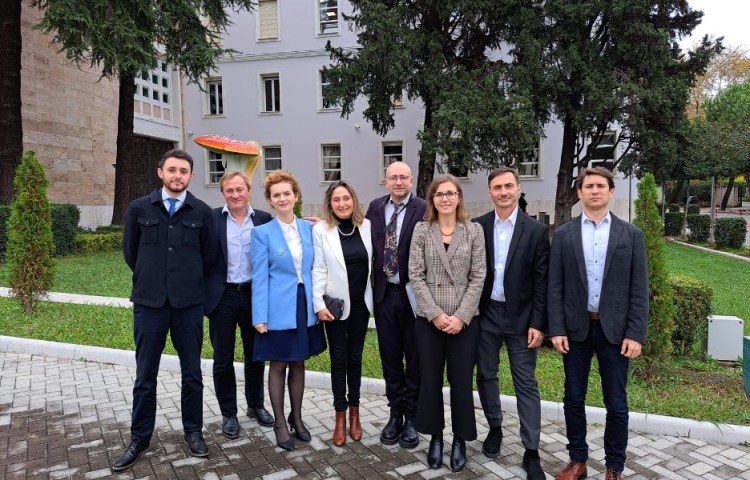
CPJ joint mission finds press freedom concerns in Kosovo and Albania
Between November 15 and 18, 2022, CPJ joined a delegation of press freedom groups on missions to Kosovo and Albania to meet with members of the media and officials. In Kosovo, the delegation found that political interference in press coverage and physical safety are the main concerns for journalists. In Albania, the delegation found that the climate for free…
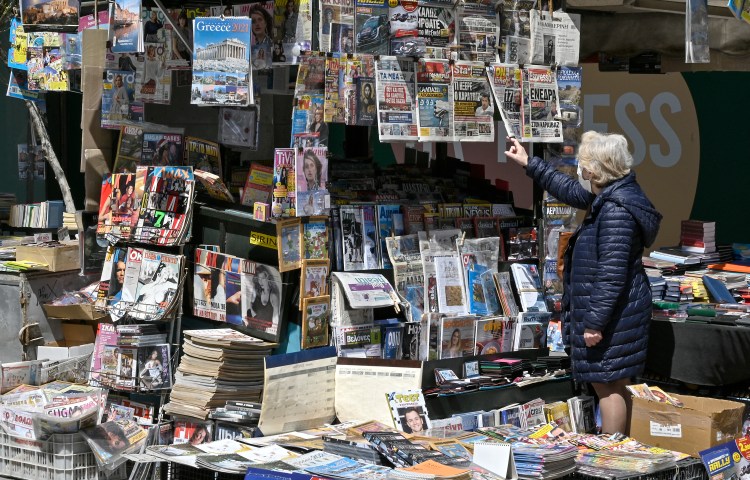
In Greece, reporters’ killings unsolved, critical journalists complain of growing threats
In Greece, two unsolved journalist killings over the last 12 years as well as threats of violence and physical attacks against reporters have contributed to a climate of fear and self-censorship. Adding to the sense of insecurity is the wiretapping of two reporters by Greek intelligence services; a phone belonging to one of the two reporters was also infected by spyware. On a fact-finding mission…
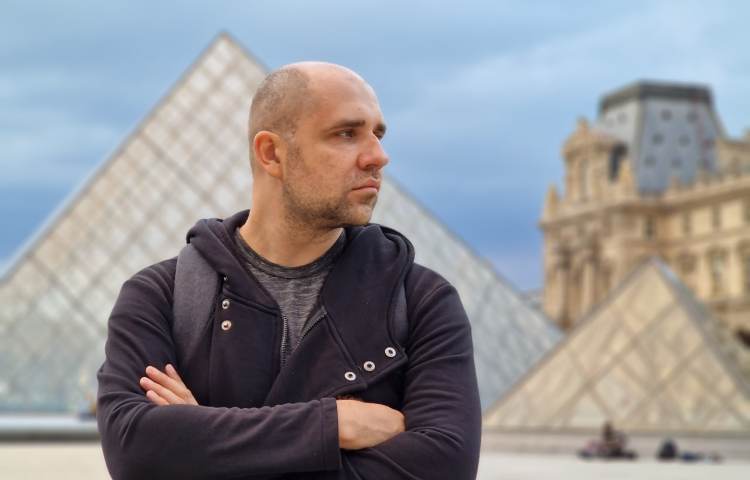
SOTA, one of the last independent news outlets in Russia, doubles down on coverage
Since the outset of Russia’s full-scale invasion of Ukraine in February, Russia has sought to stamp out independent reporting on the war, prompting journalists to flee and newsrooms to shut down or to self-censor under threat of criminal prosecution. Remarkably, one local outlet has continued to produce robust reporting despite the repressive environment. SOTA, which counts a staff of 40 journalists and support workers,…
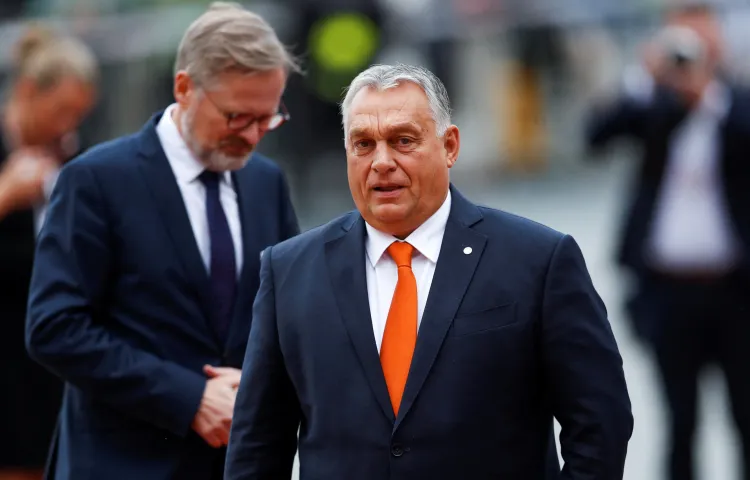
Hungarian journalists targeted by spyware have little hope EU can help
Szabolcs Panyi was not even remotely surprised when Amnesty International’s tech team confirmed in 2021 that his cell phone had been infiltrated by Pegasus spyware for much of 2019. Panyi, a journalist covering national security, high-level diplomacy, and corruption for Hungarian investigative outlet Direkt36, had already long factored into his everyday work that his communications…